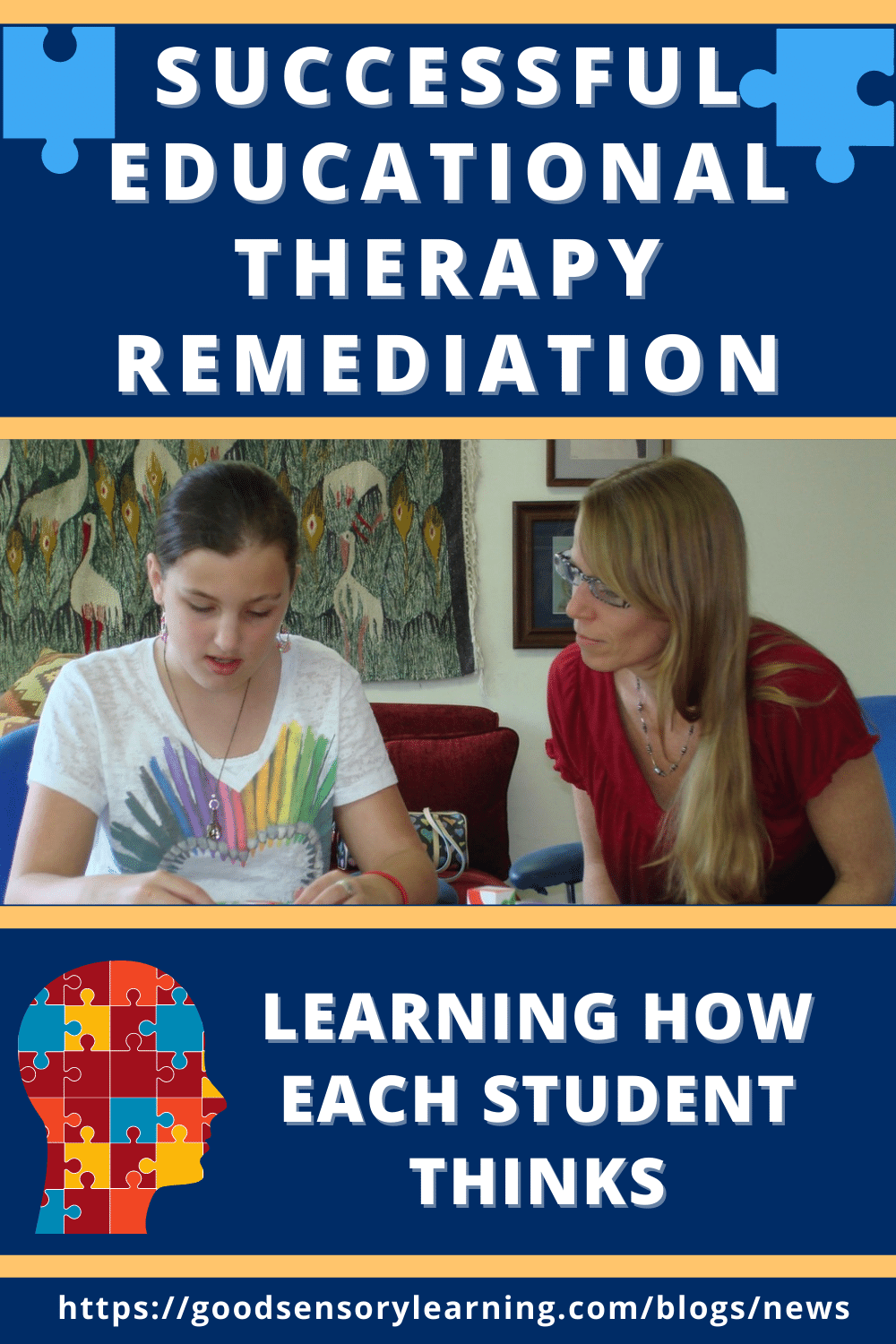Are Academic Accommodations Fair?
Many parents, teachers, and administrators worry about whether academic accommodations offer an unfair advantage to some students. They are concerned that providing services such as extended time on tests, the use of a computer with a spell check, a reader, or a copy of the teacher's notes provides an uneven playing field.

Fair Shouldn't be About All Students Getting the Same Thing:
If all students came to the classroom with the same brains and experiences, offering them equivalent expectations and an identical curriculum would make sense. However, that is not even close to the truth. In fact, each student offers diverse strengths and weaknesses, developmental levels, experiences, and abilities. As a result, fair shouldn't be about all students getting the same things. Fair is that each student gets what he or she needs to learn.
So, How Can a Student Get an Accommodation if This is What They Need to Learn?
The Americans with Disabilities Act of 1990 (ADA) and Section 504 of the Rehabilitation Act of 1973 both use the term “reasonable accommodation” to represent the modifications or adaptations resulting in equal access or improved accessibility to buildings, programs, and academics. They provide changes to traditional methods so that students’ disabilities do not impede the learning process. For example, if a student has deficits in fine motor control and their penmanship is labored and illegible, a reasonable accommodation may provide a copy of the teacher’s notes. Consequently, this student’s disability will not get in the way of learning lecture-based content.
Many Schools are Now Offering Informal Accommodations. Is this a Good Option?
Schools often offer this option to families, as it can save districts a lot of money on testing, meetings, and staffing. The problem with informal accommodations is that the teachers are not mandated to offer services, and they can be discontinued at any time. In addition, informal accommodations never apply to standardized tests such as the SATs. If, however, a student is receiving formal accommodations, they are protected, and modifications or adaptations result in equal access or improved accessibility to buildings, programs, and academics.
Who can Initiate Reasonable Accommodations?
Any student with a qualified disability or their legal guardian/parent can request a meeting that can result in reasonable accommodations. Please note that the disability must be documented by the school or an outside source, and the results must be presented at the meeting. If there are no prior testing results, you can request that the school provide the needed testing. Contact your local school district to learn about their step-by-step procedure. Make sure to put all requests in writing and also indicate that you wish to tape record the meeting. This blog post is intended to provide an overview of reasonable accommodations and is not legal advice.
Cheers, Erica
Dr. Erica Warren is the author, illustrator, and publisher of multisensory educational materials at Good Sensory Learning. She is also the director of Learning to Learn and Learning Specialist Courses.
- Blog: https://goodsensorylearning.com/blogs/news
- YouTube Channel: https://www.youtube.com/user/warrenerica1
- Executive Function Podcast: https://goodsensorylearning.com/pages/the-personal-brain-trainer-podcast-with-dr-erica-warren
- Store: http://www.Goodsensorylearning.com/
- Courses: http://www.learningspecialistcourses.com/
- Newsletter Sign-up: https://good-sensory-learning.kit.com/drericawarren




Leave a comment
This site is protected by hCaptcha and the hCaptcha Privacy Policy and Terms of Service apply.